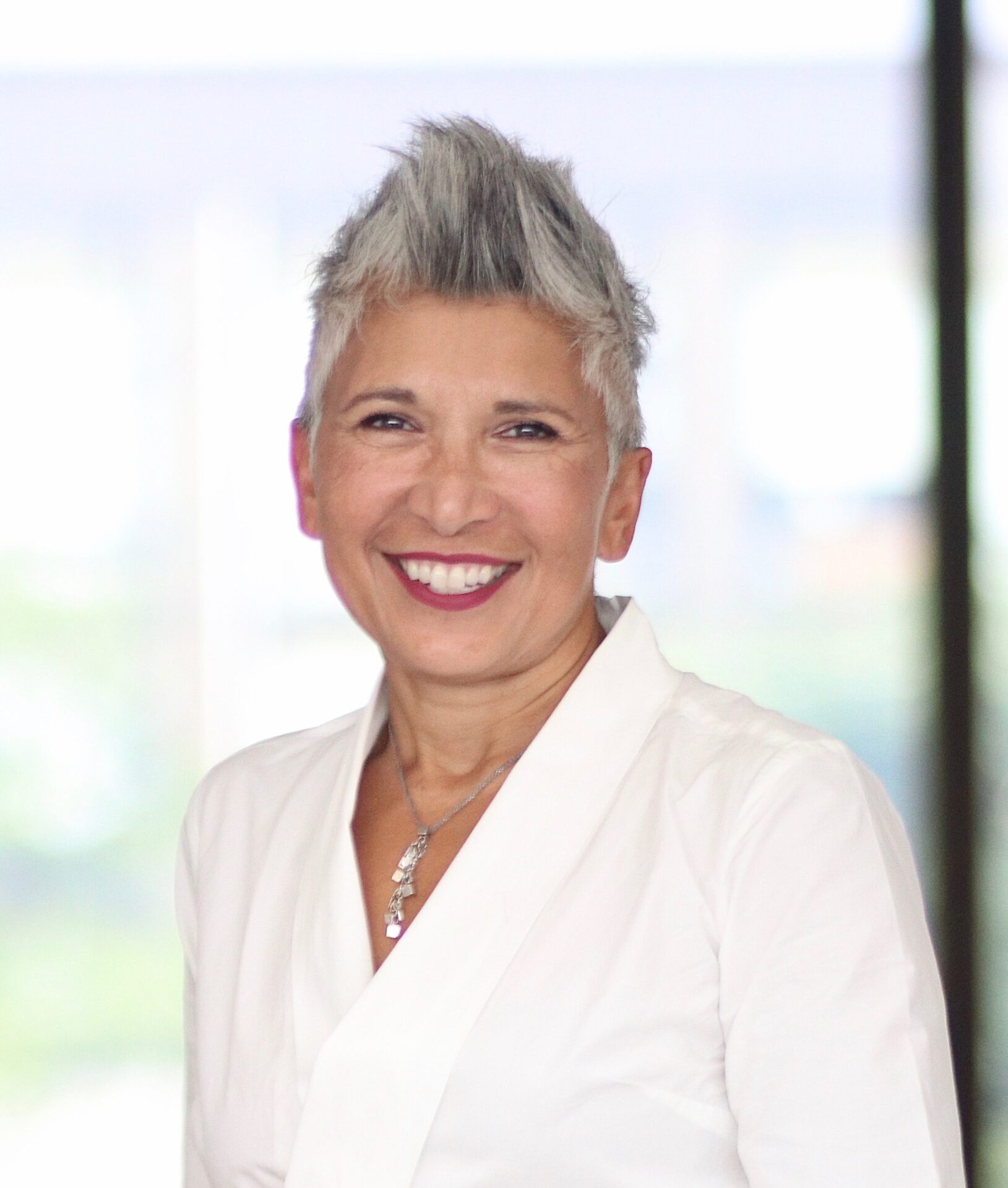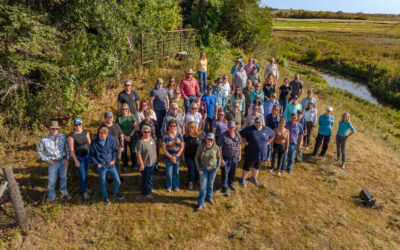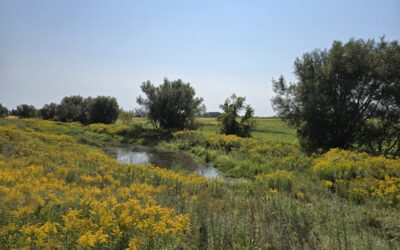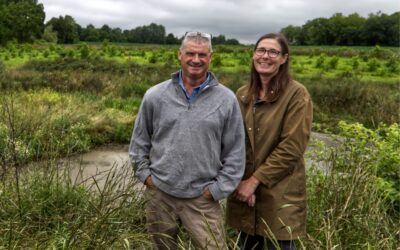An interview with Tima Bansal as part of a series unraveling how investment in nature-based solutions delivers positive environmental, social and economic impacts, creating a better future for everyone.

Tima Bansal
“Growth is at the heart of most corporations, and they grow in order to generate more profit to the shareholders. But if they keep growing, it’s going to take more and more natural resources,” says Tima.
“Ultimately, this growth will undermine the ability to meet the needs of future generations, because the growth will tax natural systems, which will not be able to sufficiently regenerate. To provide future prosperity for future generations, we have to make sure that we steward the natural environment.”
Beyond net zero
When businesses embrace net zero goals, they often start by buying carbon offsets, typically in the form of investments in renewable energy projects. But as more companies move toward net zero, many are hitting a limit on available offsets to purchase.
“There’s increasing awareness that we not only need to slow down the amount of carbon that we emit, but that we also have to repair some of the harm that we’ve already done,” Tima says. “To do that, we need a very different quality of offsets that are based in regeneration and not just reduction.”
Offsets that are based on regenerating nature are especially attractive to business and society. Unlike renewable energy projects, such as wind or solar farms that have a limit on how long they can operate, nature will be with us in perpetuity.
In her regular column in Forbes, Tima writes that Microsoft is not only reducing carbon in its operations and supply chain and scaling investments that remove carbon, but the company is also moving beyond net zero to net negative, meaning it will remove more carbon from the atmosphere than it emits.
In looking for new carbon solutions that are net negative, “that means they have to think of new technologies and look to regenerative nature and agriculture projects to absorb carbon. So now we are having a movement of capital into this space,” Tima says.
Sustainability and ESG
Aside from carbon reduction or absorption programs, Tima says there is an increasing need for companies to re-examine their ESG programs to make sure they are producing meaningful outcomes, creating internal and external value.
Environmental goals could mean reducing carbon emissions or water consumption, while social goals could focus on improving workforce diversity. Governance goals could include appointing independent directors, or female directors, to a company board.
While such efforts are important, they often aren’t enough to drive systemic change. Collectively, ESG efforts frequently fail to address the fundamental issues facing an organization and its business model, Tima says.
Embracing broad sustainability introduces new concepts, such as protecting future generations and regenerating the natural environment, into the conversation around ESG. This, Tima says, is a new approach for corporations.
Future prosperity
Embracing sustainability is shifting from an aspirational goal to an urgent business issue for many companies.
Corporations, institutions and governments are all facing mounting pressure to move in a way that values sustainability. Prompted by the Paris Agreement, a cascade of companies have started adopting sustainability in the last two or three years, Tima notes. “You can’t not do it,” she says.
The next generation of leaders is already rethinking their business models to be built on a foundation of sustainability.
“What we need to do is think about prosperity in a whole other way,” Tima says. “The question we should be asking is ‘are there companies with business models that are focused on doing good that are thriving?’”
Through her work at the Ivey Business School, Tima can see that incoming students are increasingly looking to build businesses that not only make a profit, but also strive to make the world a better place. “They are saying, ‘I want a different world and I want to be part of that better world,’” she says.
Partnering with farmers
One way business leaders are working to build a more sustainable world and hit net zero goals is by supporting farmers and ranchers to introduce innovative management practices that prioritize nature as well as agricultural production.
“There’s more realization now that the only way to reach biodiversity goals or net zero goals is if we have more land that is regenerative and isn’t using as much fossil fuels for agriculture,” Tima says.
New Acre Project is one such model that allows corporations to support farmers financially so they can invest in adopting nature positive practices into their operations. “The corporation pays the farmer to do things differently, and the farmer doesn’t have to lose the income.”
In order to ensure long-lasting outcomes when investing in nature-based solutions, it is critical that businesses directly support community-based projects, Tima says.
See Our Results

SDGs

Biodiversity

Water Stewardship




